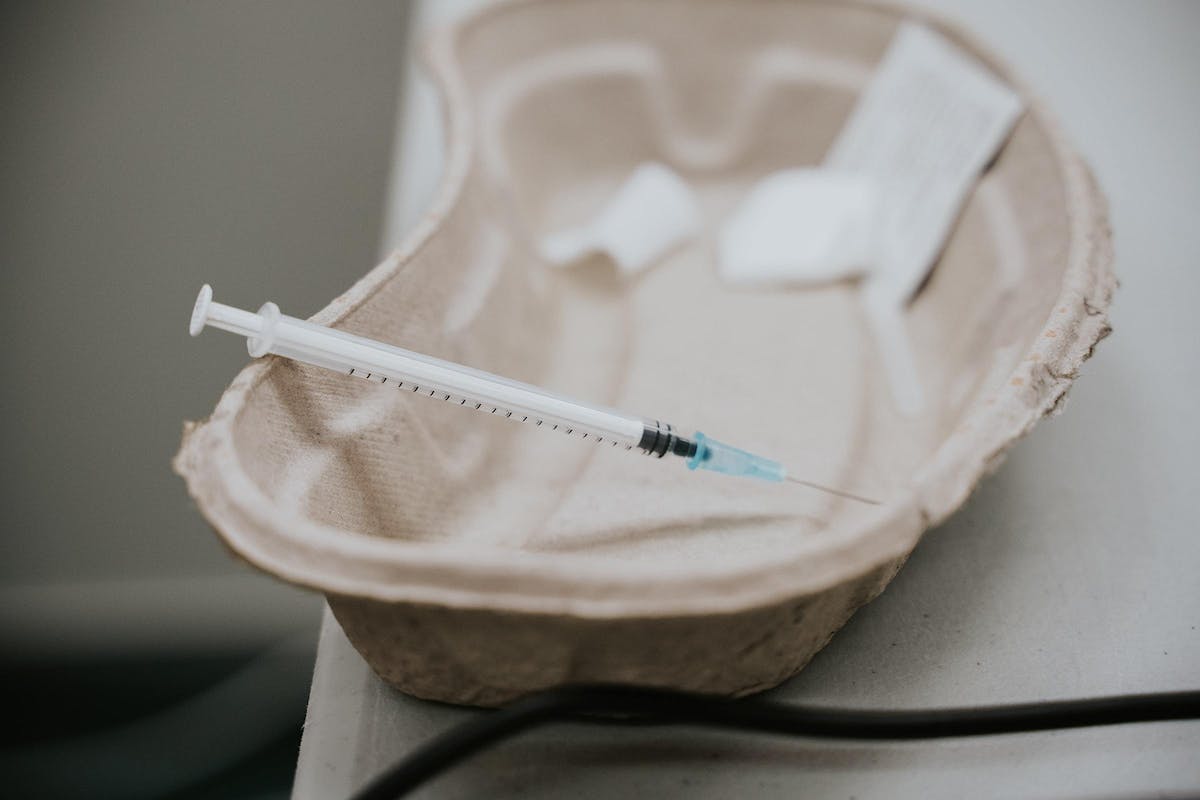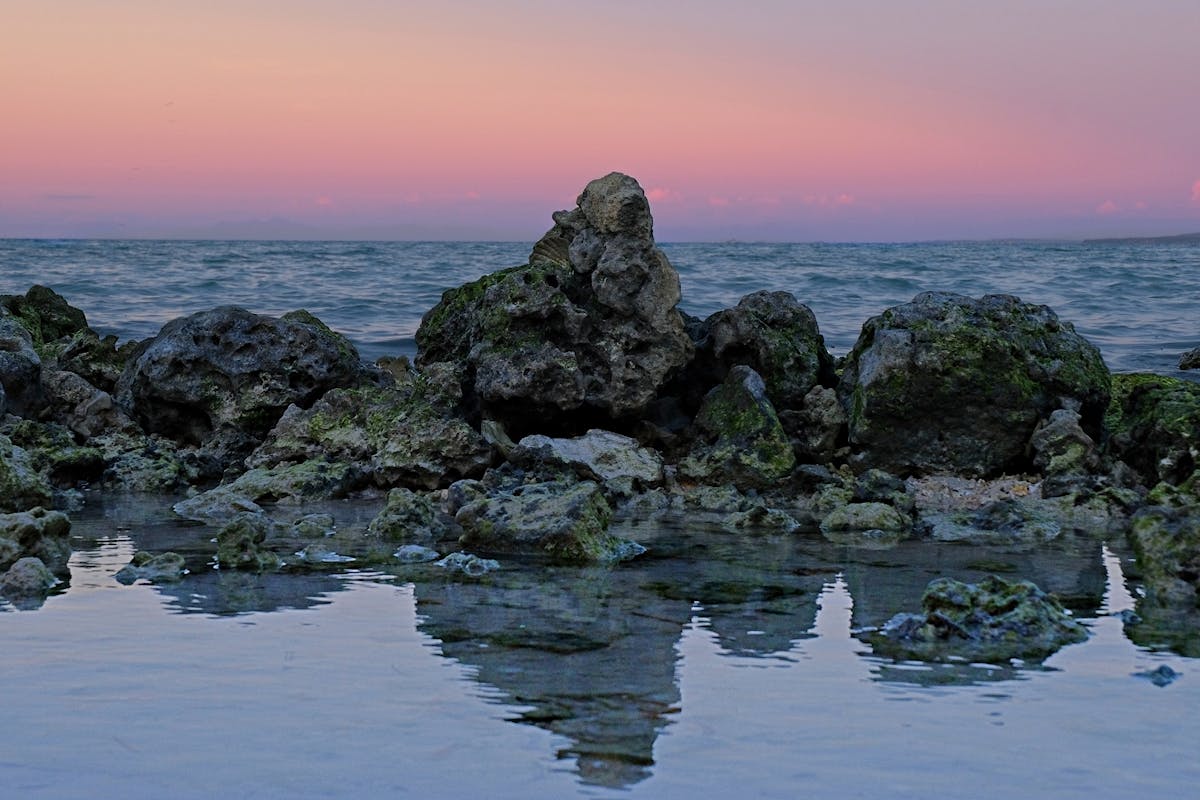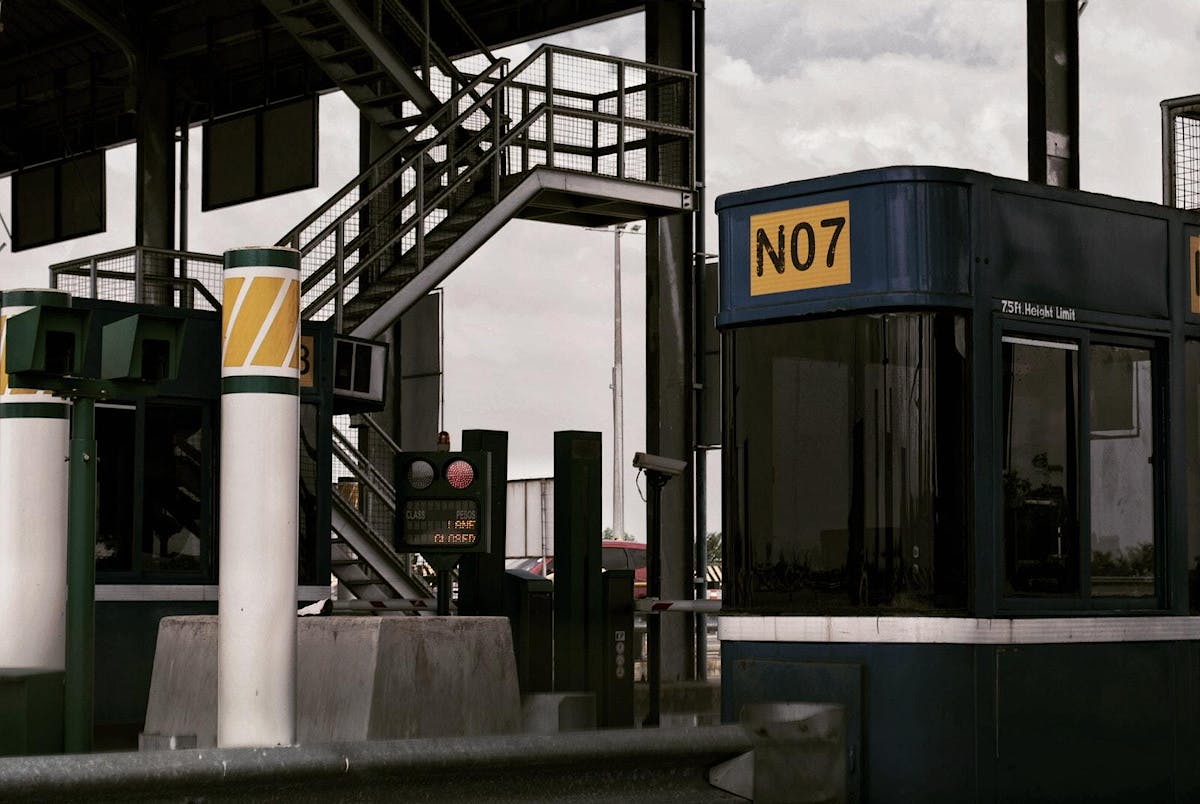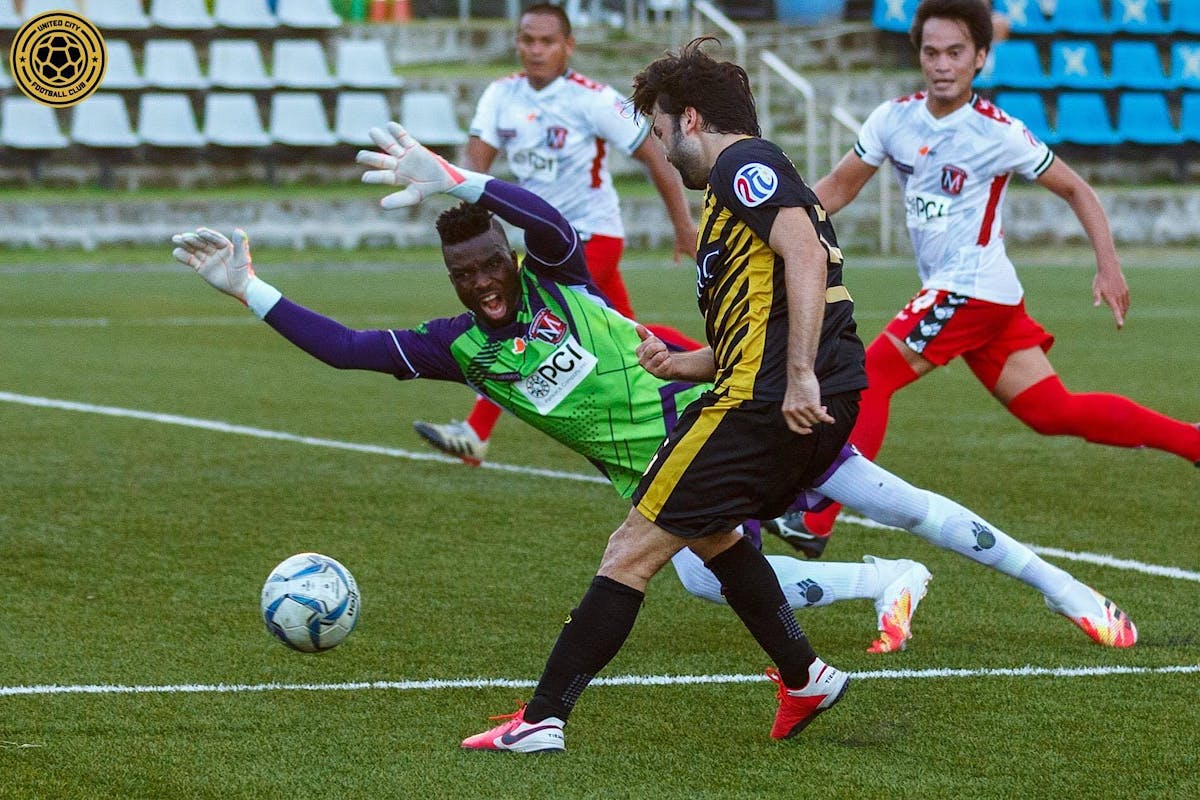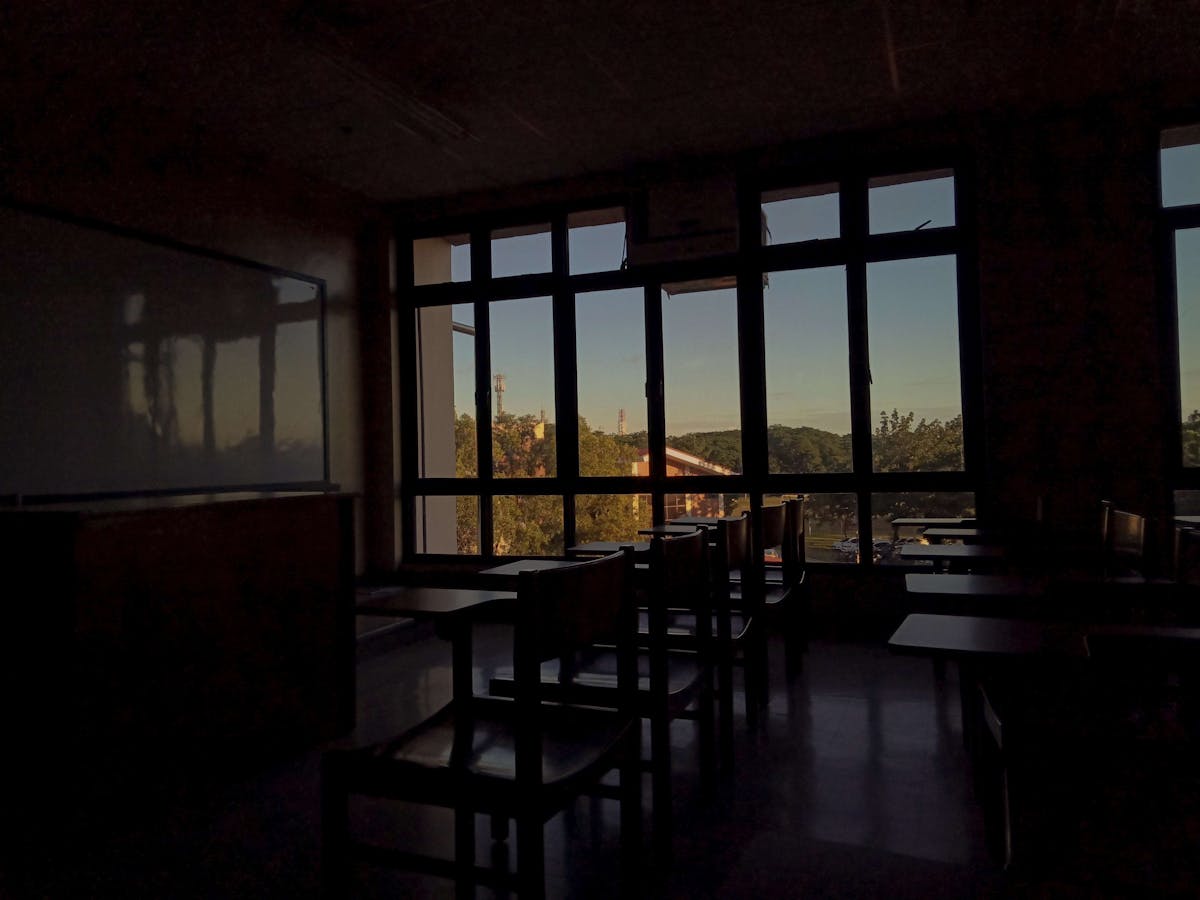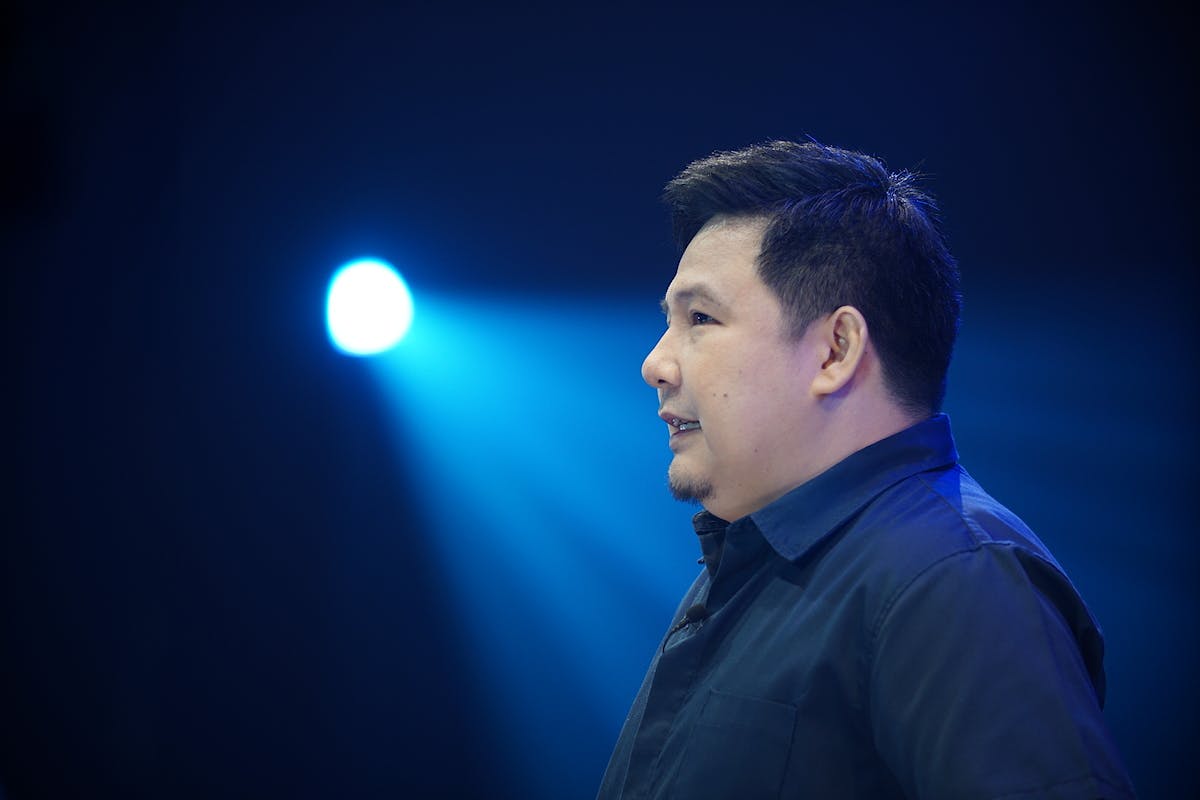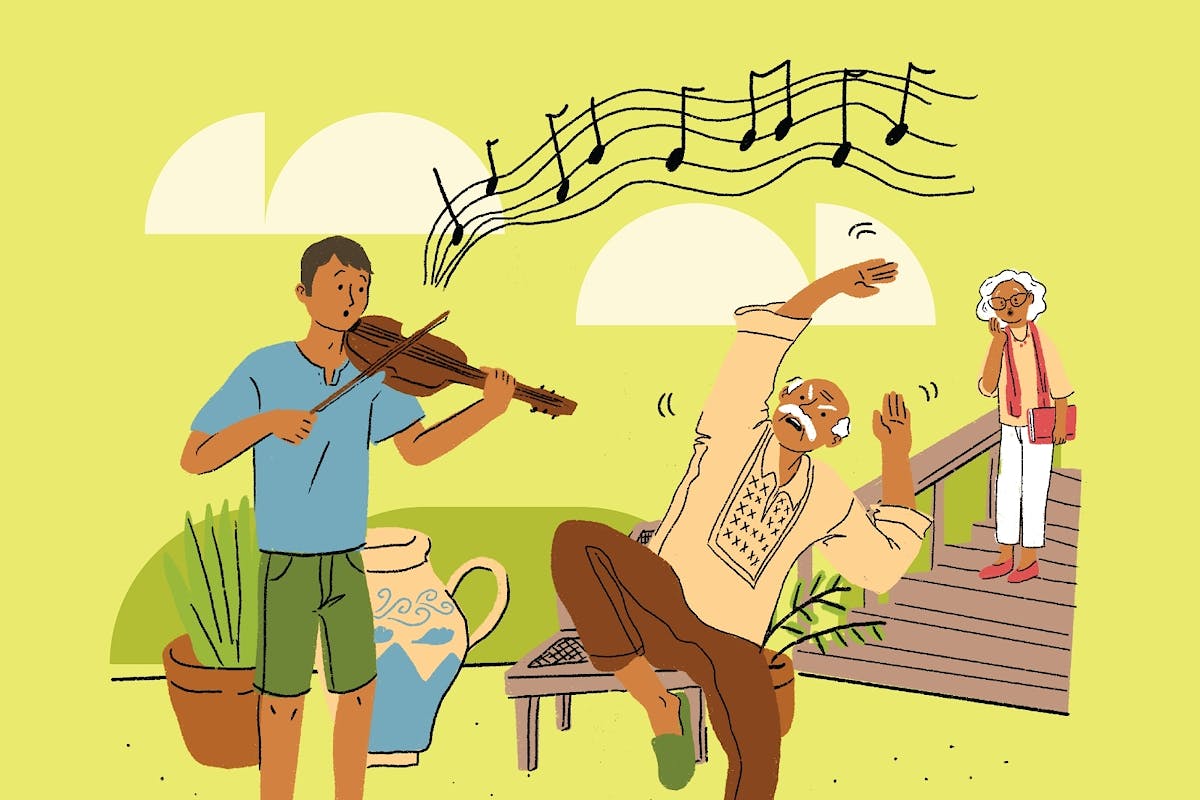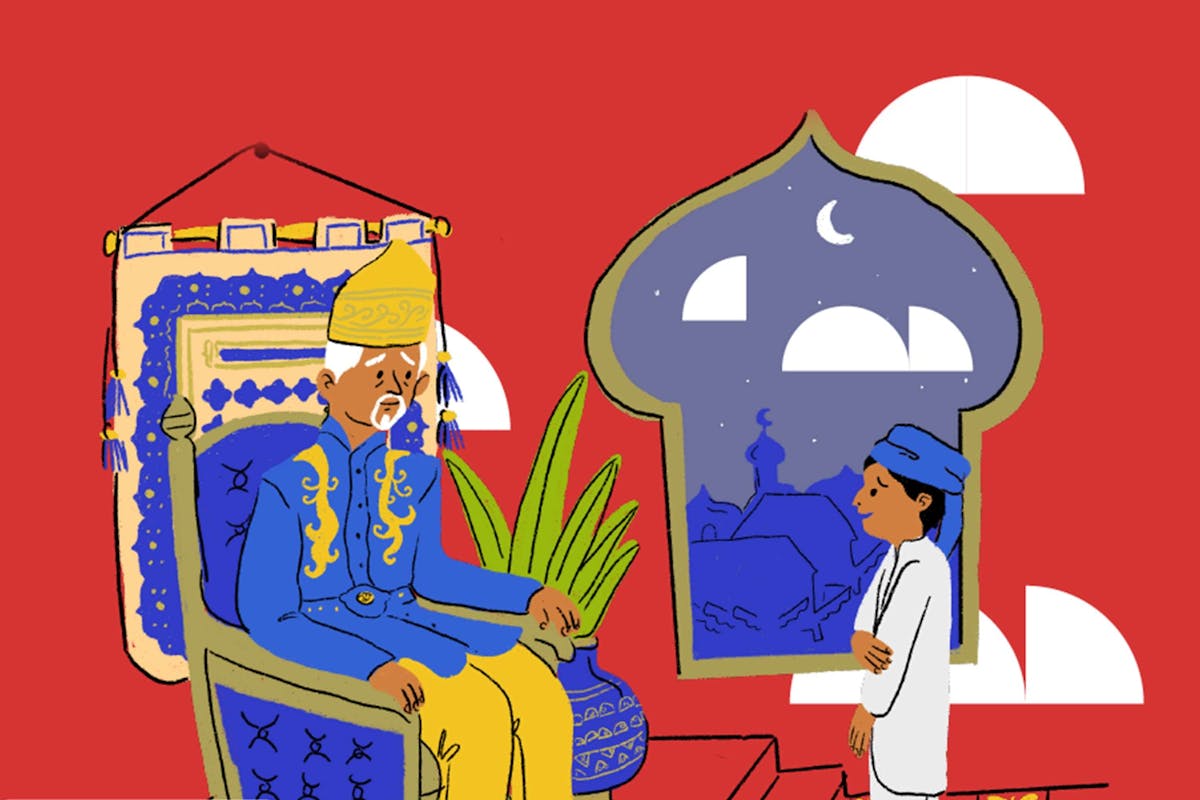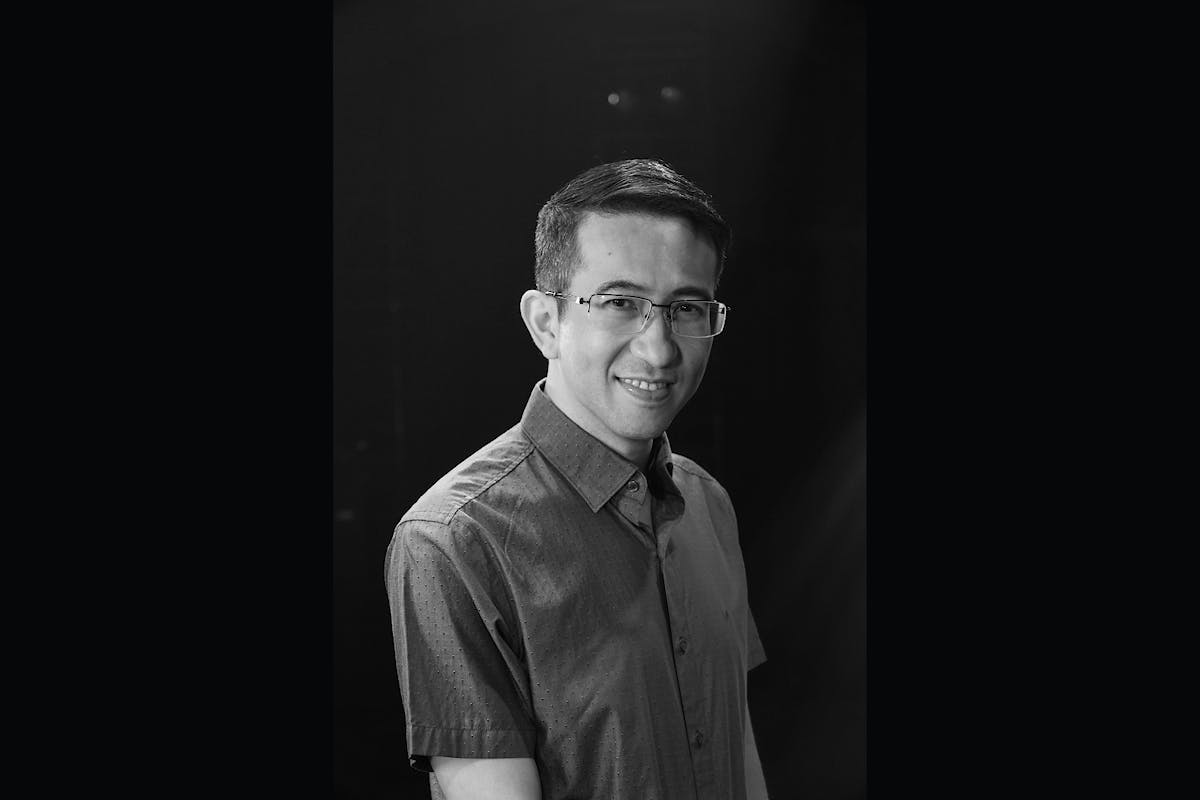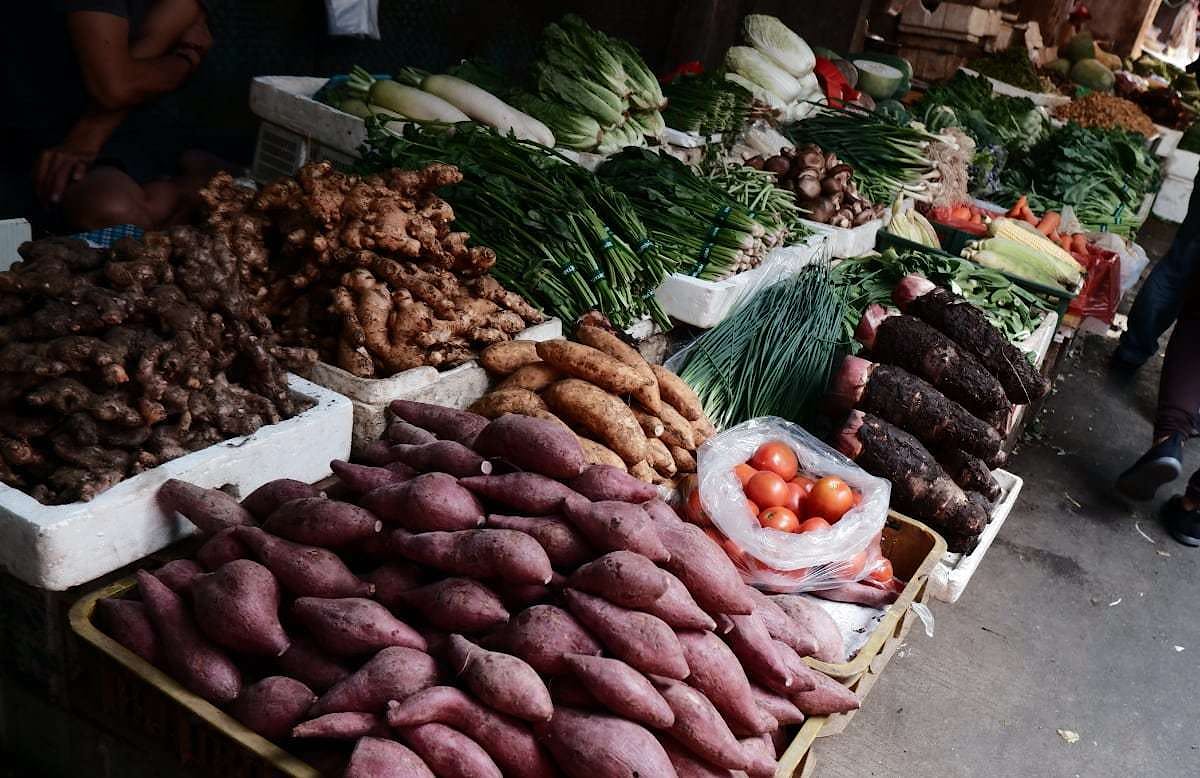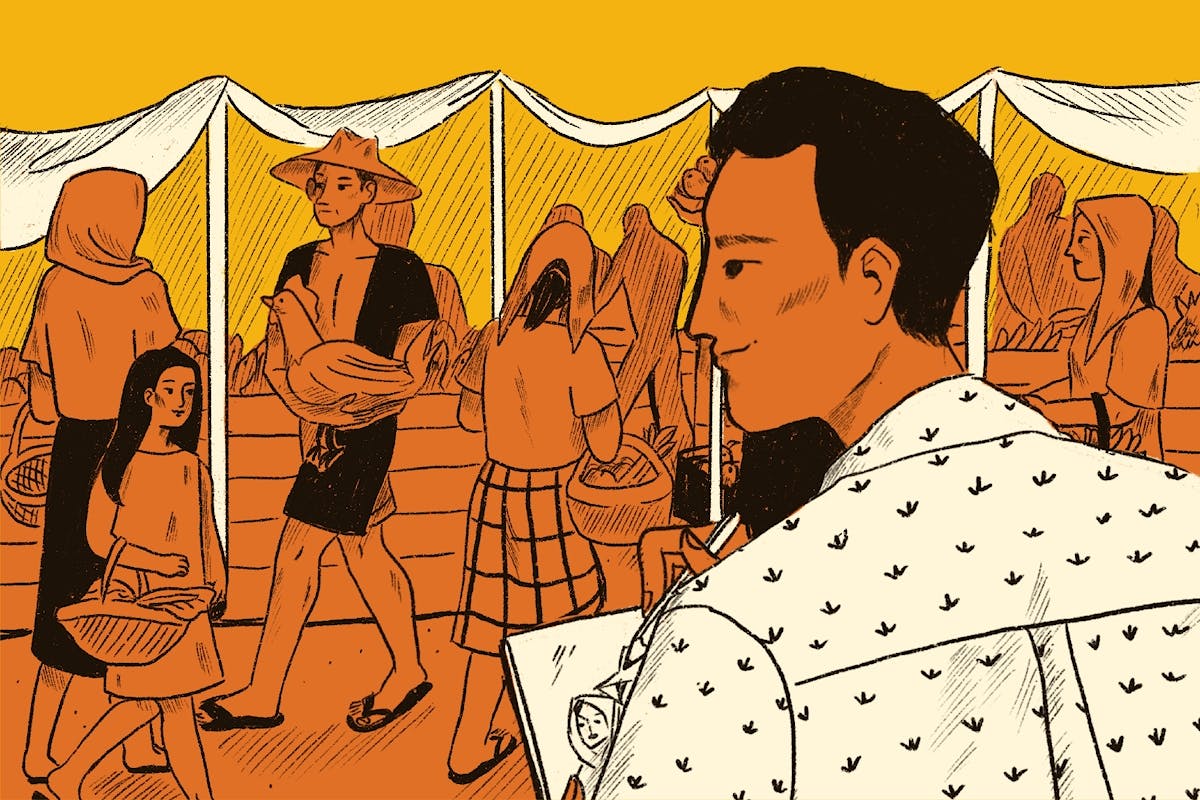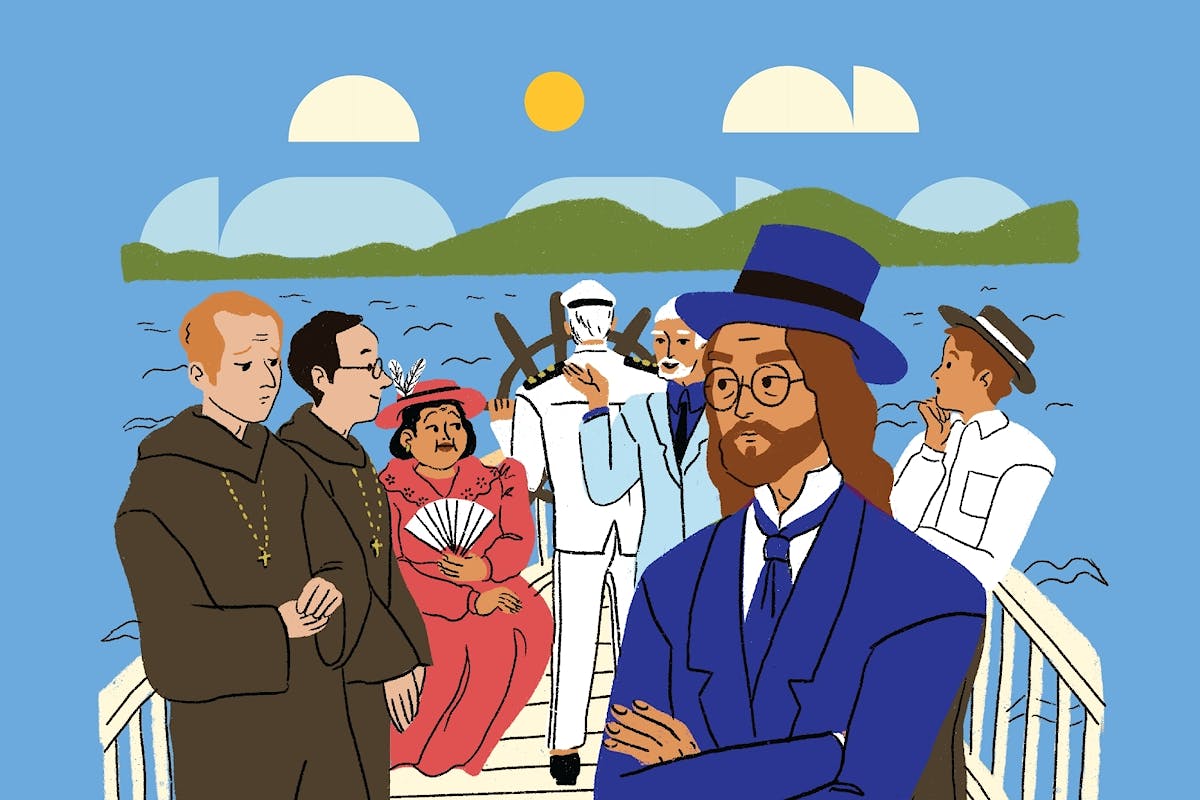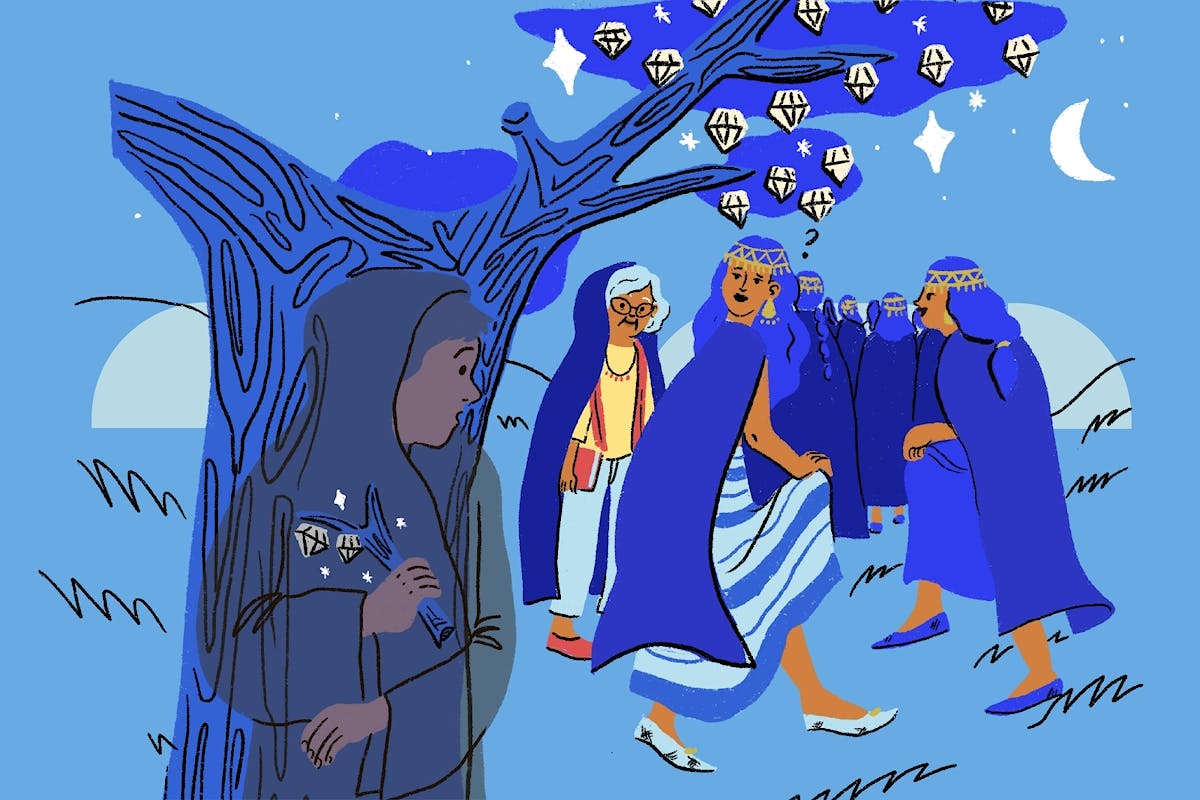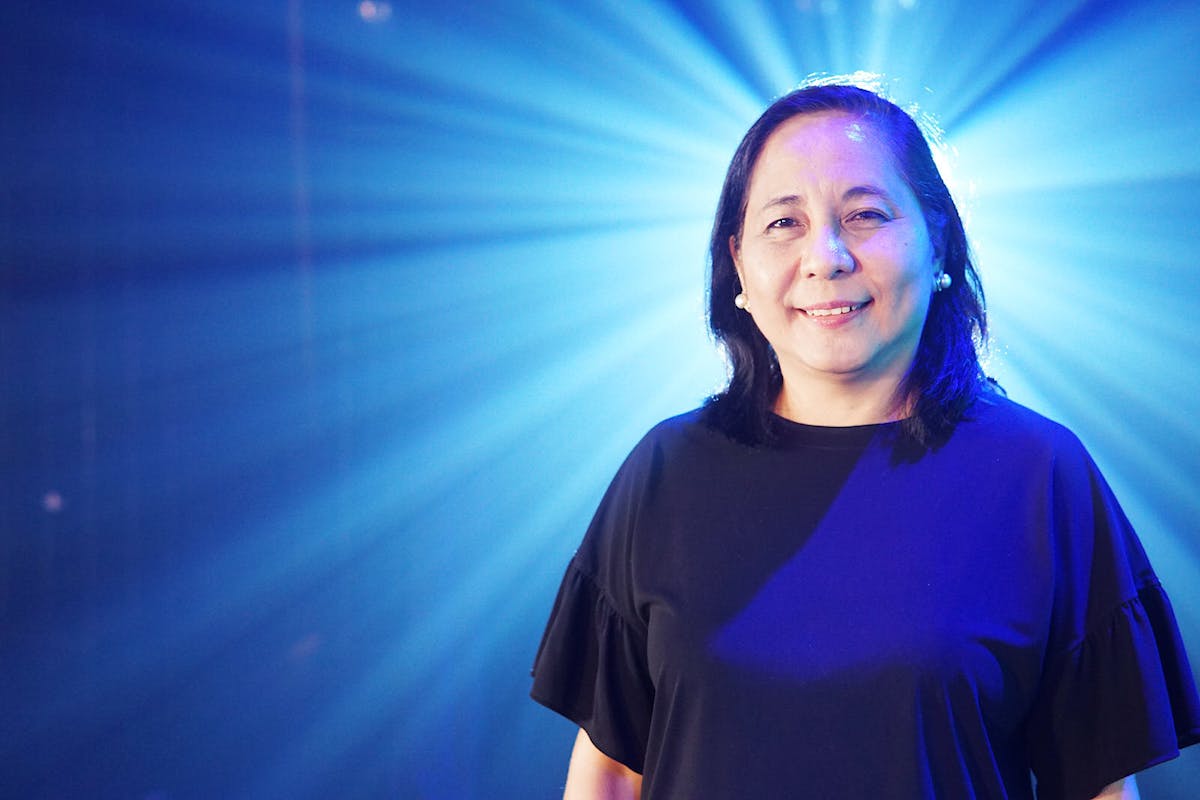
Our Way Forward
Special Programs Needed for the Elderly and Elderly Households during the Enhanced Community Quarantine
Special programs are needed to help the elderly and elderly households during this period of enhanced community quarantine (ECQ) in Luzon.
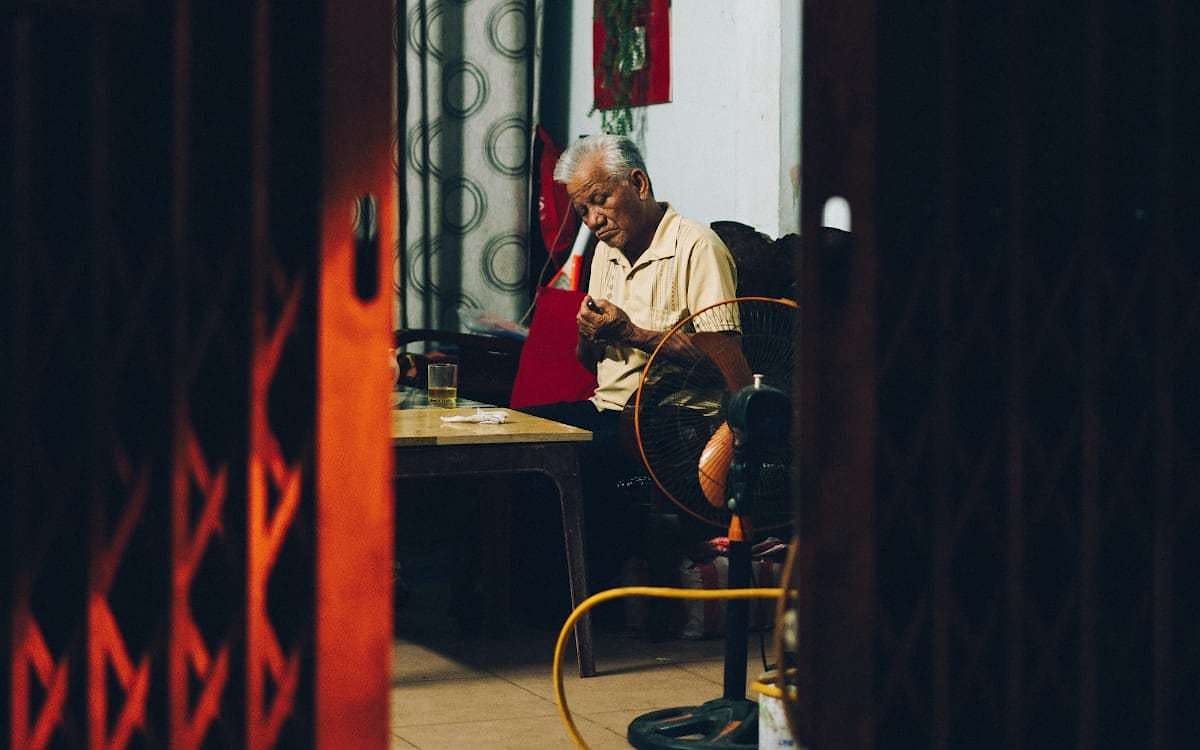
Special programs are needed to help the elderly and elderly households during this period of enhanced community quarantine (ECQ) in Luzon. The elderly, or those 60 years of age and above and what we term ‘senior citizens’, and those with serious underlying medical conditions are of higher risk of more serious complications and even death from COVID-19.
According to experts and based on accumulated data from different countries, approximately 80% of COVID-19 related deaths occur among senior citizens. This is the reason why, during this ECQ, the government has prohibited senior citizens from leaving their houses.
Especially vulnerable during this period are the elderly in what we call ‘elderly households’ or households, which comprise either solely of senior citizens, or which only has a senior citizen or senior citizens and minors (below 15 years old) as members. Based on Philippine Statistics Authority data, there could be from 700 to 800 thousand such households in Luzon, of which 14% or about 100 thousand belong to the poorest 30% of households, and about one-third or about 250 thousand belong to the poorest half of households in the country.
For senior citizens and senior citizen households, we suggest the following:
- Food and grocery delivery to identified elderly households. This is to minimize the risk of exposure of their senior citizen members to COVID-19 and also to avoid having a child member of the household be the one to go out to look for food and groceries. Although in some cases these elderly households will have adult relatives living elsewhere, providing them with food and grocery deliveries will reduce people’s need to move, which is rendered difficult by the lack of a functioning public transportation system. Low-income elderly households should be prioritized in particular and provision of food and groceries should take into account the members who are minors. Delivery can be done by barangay officials. If the only senior citizen in an elderly household with minors is taken ill by COVID-19, this assistance should continue for the minors in the household.
- The establishment of a telephone hotline, as well as asocial media-based e-group (e.g., Viber, Facebook Messenger chat groups), in every barangay for senior citizen concerns. This would facilitate the implementation of the above and the later suggested programs for the elderly. There are municipalities that have an established Association of Senior Citizens. This can serve as a good starting point of coordination between barangay officials and senior citizens.
- The establishment of easier means for the elderly to get access to medicines during the ECQ. Senior citizens are often also those with serious underlying conditions, and if not COVID-19, lack of access to needed medicines might instead lead to their death. The purchase of medicines can be through online mechanisms, and there are already some such options. But many senior citizens, especially from lower-income groups, are not internet savvy enough to be able to order medicines in this manner. Other options should be explored, such as pooling the orders of medicine at the purok or even barangay level, and buying them directly from the drugstores and delivering them to the households. To minimize contact among people, protocols should be established so that pictures of prescriptions would be recognized instead of actual prescriptions. A photo of their senior citizen’s ID should also be recognized as the poor rely heavily on the 20% discount in buying their maintenance medicines. This should be supplemented, if possible, by a program that gives senior citizens vitamins, as is already being done in some localities, like Quezon City, Manila, and Isabela. The same program can be extended to persons with disabilities (PWDs) who could also be in urgent need of medicines.
- To the extent possible, establish virtual access to health care services for the elderly. This is rendered difficult by the need for medical workers to focus on COVID-19. But there is a need to make the most of the current telemedicine infrastructure already in place, such as the RXBox, which was developed by the University of the Philippines-Manila, and has already been deployed in many poor municipalities. The DOH has other machines in its telemedicine program. Telemedicine is the use of telecommunications and information technology to provide long-distance clinical care. For this purpose, employing medical graduates who have yet to pass the medical board exam to man the telemedicine infrastructure should be explored. Graduates and faculty from the Ateneo School of Medicine and Public Health started a “Lung Center COVID Ask Force” for the Lung Center of the Philippines. The volunteer group provides a free online consultation on Covid-19. Other groups of volunteer doctors have already created an online free consultation services called “Online M.D.”. They do not necessarily cater to senior citizens but similar efforts can be replicated across the country. Information about them should also be cascaded to the barangays.
- In the more unfortunate event that a senior citizen dies from Covid-19, assistance to the bereaved members of the family should be in place. In the First District of Bataan, for instance Php10-20 thousand is provided as assistance to the family of the deceased senior citizen even before Covid-19 pandemic. (Source: Teri Onor, former Bataan Provincial Board Member)
- Local Social Pension Payout for indigent senior citizens should already be given in advance. Some LGUs such as San Fernando Pampanga have already done so. The organizational structure of senior citizen groups, which is present everywhere in the country, should be mobilized to help in coordination with the municipal and barangay officials for these undertakings. National and International NGOs focusing on elderly can be tapped to also help in coordinating these efforts with various LGUs. Examples of these NGOs are the following: Coalition of Services of the Elderly, Inc. [COSE], Kamanggagawa Foundation Inc. [KFI]; JICA, Momotaro Kai.
The Office of Senior Citizen Affairs, which has clout and presence in every city and town in the Philippines, should be mobilized to help barangay and local officials in identifying households with elderly members, and especially elderly households as we defined it above.
The needed funding for these programs can be sourced from the disaster/calamity funds of the local governments where the senior citizens reside, as there is a provision in the Expanded Senior Citizens Act of 2010 or Republic Act 9994 that states: “Social safety nets assistance intended to cushion the effects of economic shocks, disasters and calamities shall be available for senior citizens. The social safety assistance which shall include, but not limited to, food, medicines, and financial assistance for domicile repair, shall be sourced from the disaster/calamity funds of LGUs where the senior citizens reside, subject to the guidelines to be issued by the DSWD”. One can, in fact, view the above suggestions as specific applications of the provisions of RA 9994. Funding can also be sourced from the emergency subsidy funds for affected families set aside in the Bayanihan to Heal as One Act.

